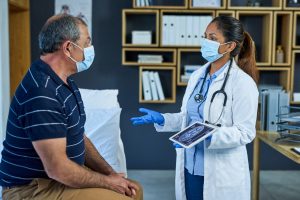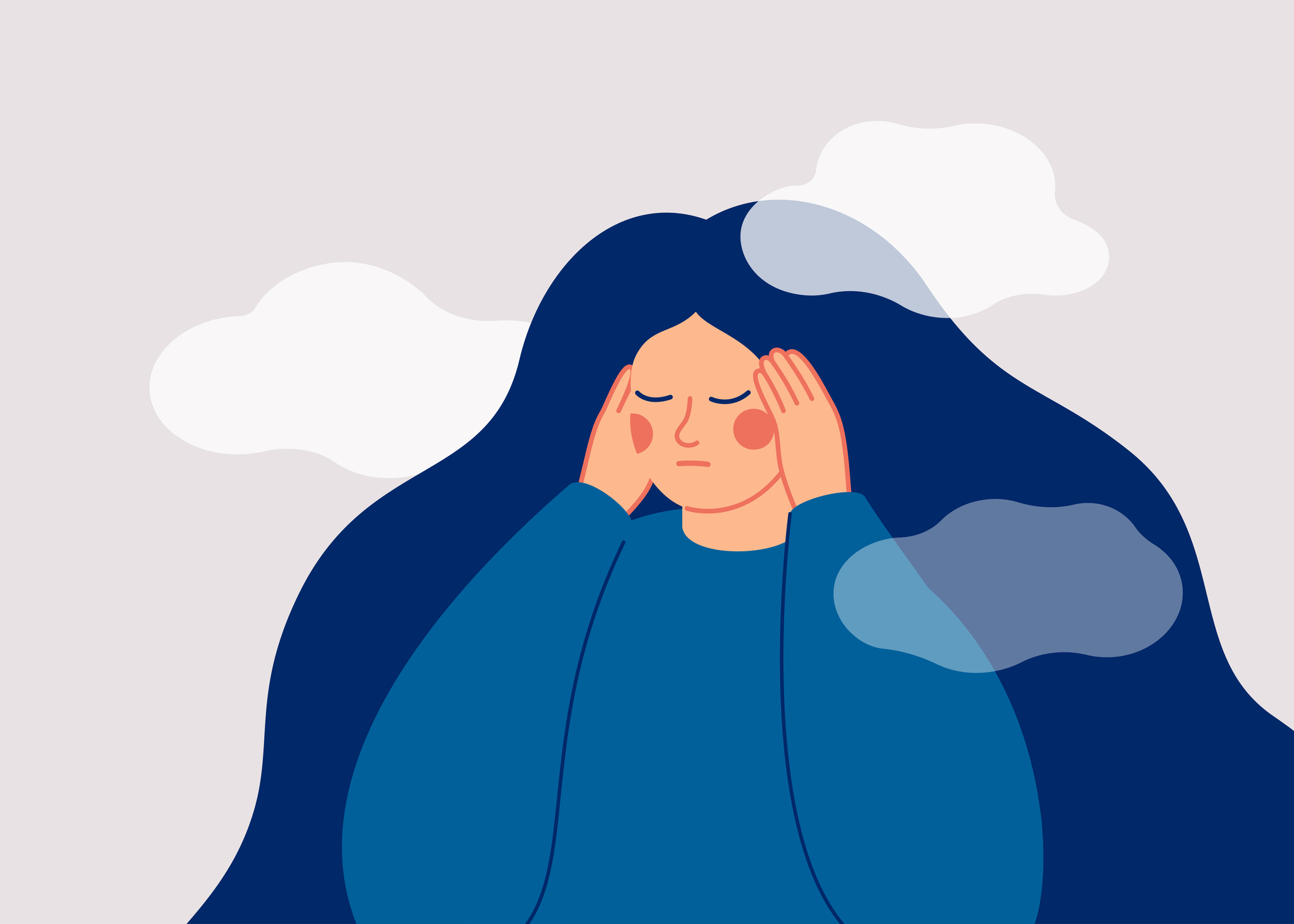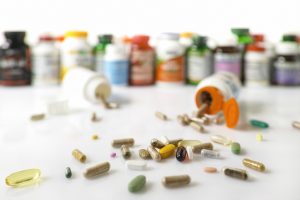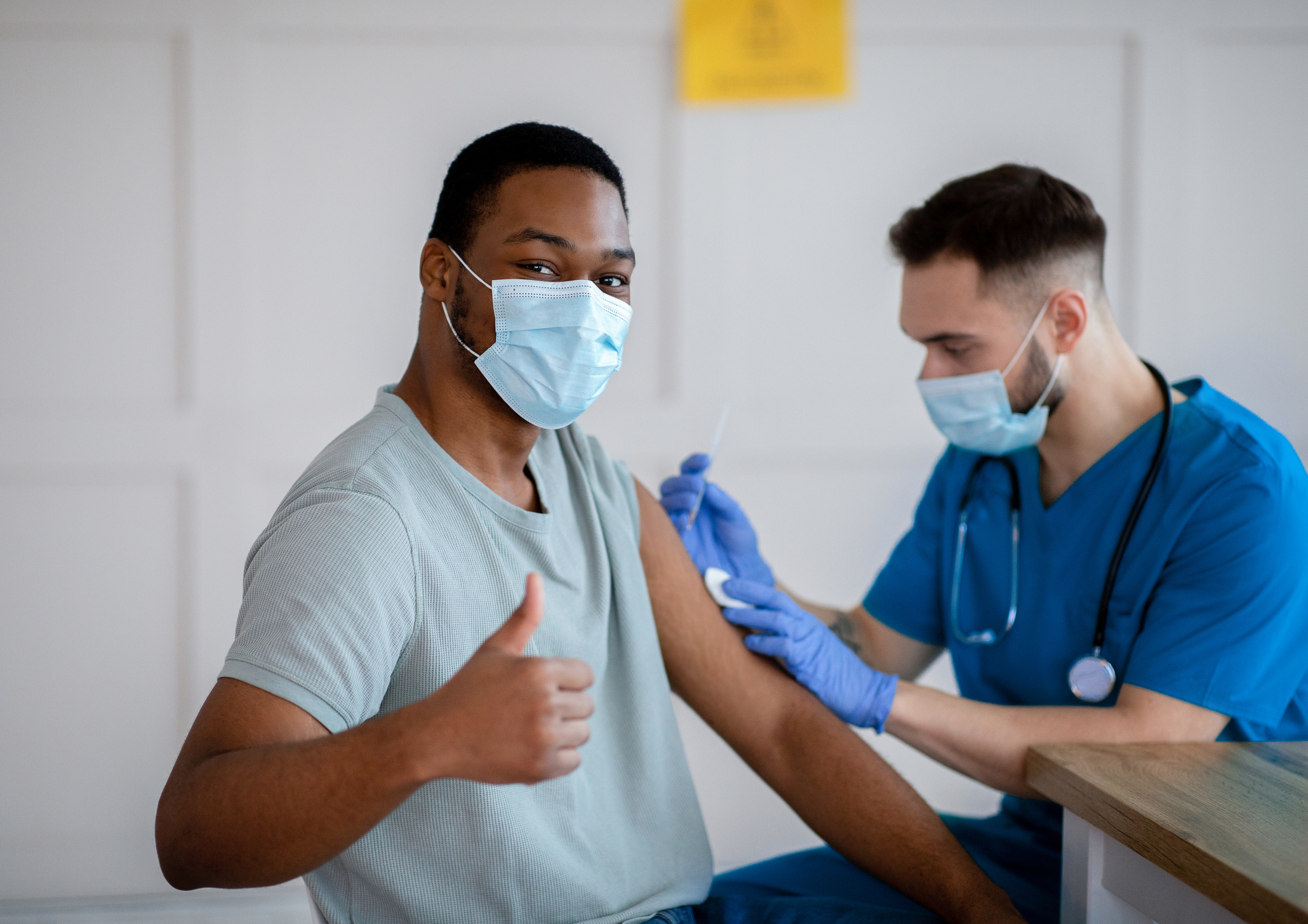This year marks the 28th anniversary of National Senior Health and Fitness Day. The purpose of this event is to promote fitness in older adults and raise awareness of the benefits of regular exercise.
Exercising regularly is an excellent way to maintain good health as you grow older. The Centers for Disease Control and Prevention (CDC) recommends that older adults participate in at least 150 minutes of moderate-intensity aerobic activity every week and muscle strengthening activity at least twice a week. These guidelines are recommended for those who are 65 years of age and older, are generally fit, and have no limiting health conditions.
Some of the benefits of keeping active, for everyone but especially seniors, include:
- Improving balance and reducing the risk of falling
- Maintaining a healthy blood pressure
- Allowing for more socialization
- Reducing the risk of diabetes and heart disease
- Reducing the risk of joint stiffening
There are many ways to participate in National Senior Health and Fitness Day. Some of them include:
- Visiting a park and walking along a path or a trail
- Participating in a fitness class
- Gardening
- Swimming
- Dancing
- Getting a check-up to know the status of your physical health
Many senior centers, parks and recreation centers will be holding classes to recognize this event. You can also start a fitness routine at home that will help keep you active. It is advised that you speak with a doctor before starting an exercise routine. If you would like to schedule an appointment with a physician at Flushing Hospital Medical Center to monitor your health, please call 718-670-5486.
All content of this newsletter is intended for general information purposes only and is not intended or implied to be a substitute for professional medical advice, diagnosis or treatment. Please consult a medical professional before adopting any of the suggestions on this page. You must never disregard professional medical advice or delay seeking medical treatment based upon any content of this newsletter. PROMPTLY CONSULT YOUR PHYSICIAN OR CALL 911 IF YOU BELIEVE YOU HAVE A MEDICAL EMERGENCY.




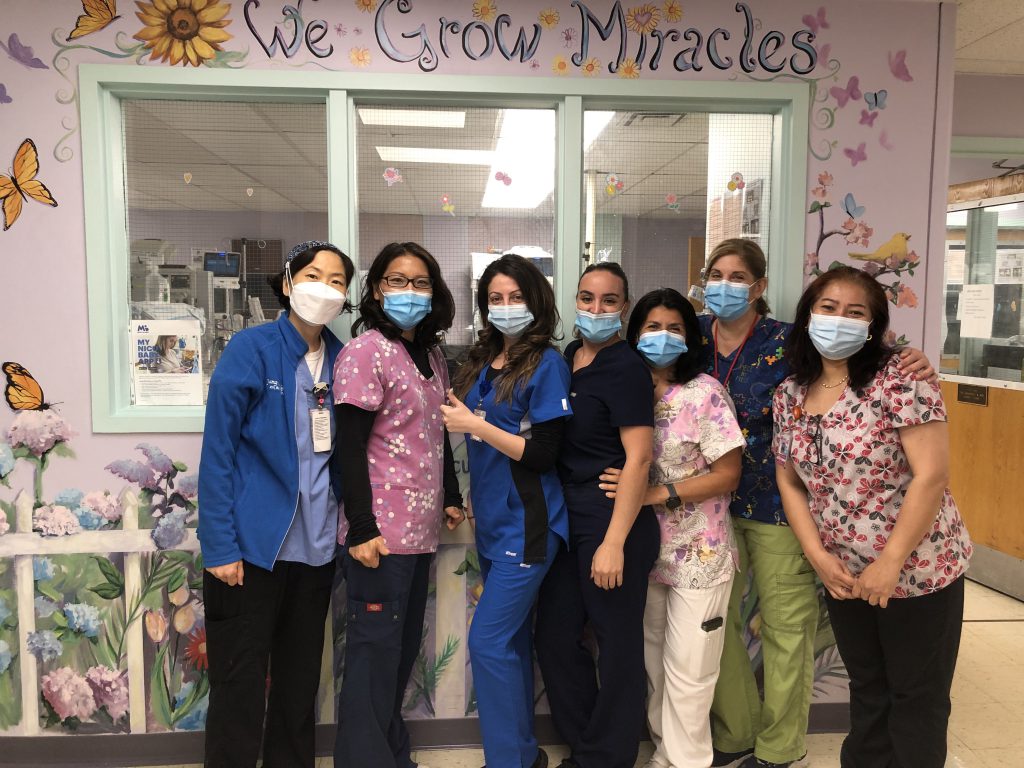 The Neonatal Intensive Care Unit at Flushing Hospital Medical Center was a recent recipient of “The New York State Perinatal Collaborative (NYSPQC) Enteral Nutrition Improvement Project Improvement Award”
The Neonatal Intensive Care Unit at Flushing Hospital Medical Center was a recent recipient of “The New York State Perinatal Collaborative (NYSPQC) Enteral Nutrition Improvement Project Improvement Award”
